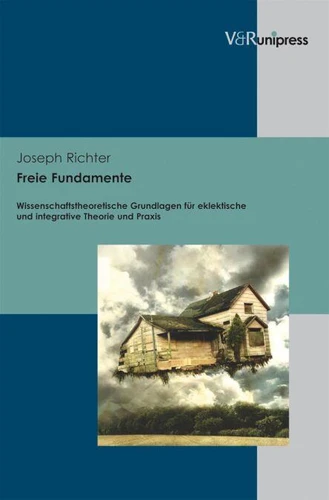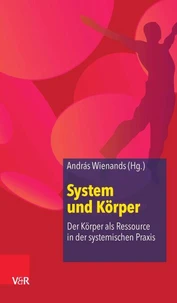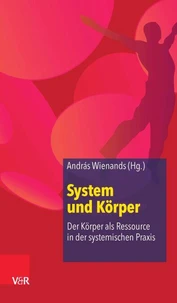Freie Fundamente. Wissenschaftstheoretische Grundlagen für eklektische und integrative Theorie und Praxis
Par :Formats :
Disponible dans votre compte client Decitre ou Furet du Nord dès validation de votre commande. Le format PDF est :
- Compatible avec une lecture sur My Vivlio (smartphone, tablette, ordinateur)
- Compatible avec une lecture sur liseuses Vivlio
- Pour les liseuses autres que Vivlio, vous devez utiliser le logiciel Adobe Digital Edition. Non compatible avec la lecture sur les liseuses Kindle, Remarkable et Sony
 , qui est-ce ?
, qui est-ce ?Notre partenaire de plateforme de lecture numérique où vous retrouverez l'ensemble de vos ebooks gratuitement
Pour en savoir plus sur nos ebooks, consultez notre aide en ligne ici
- Nombre de pages260
- FormatPDF
- ISBN978-3-86234-866-4
- EAN9783862348664
- Date de parution18/05/2011
- Protection num.pas de protection
- Taille915 Ko
- Infos supplémentairespdf
- ÉditeurV&R Unipress
Résumé
Just as there are different psychotherapeutic schools that in part contradict or differ from each other quite significantly in terms of their theoretical assumptions, there are also at least four major schools in psychometrics that also take different approaches and contradict each other. By contrast, there is only one form - as a rule integrative or eclectic - of psychotherapeutic or psychomotor practice.
But how can such a practice be legitimized in theoretical terms? A persuasive answer to this question has yet to be found. The present study is an attempt - using psychomotor practice and science as an example - to present a first comprehensive answer to this question. It thus provides the epistemological framework for an eclectic, integrative approach in and beyond the study of psychomotoric therapy and motology.
But how can such a practice be legitimized in theoretical terms? A persuasive answer to this question has yet to be found. The present study is an attempt - using psychomotor practice and science as an example - to present a first comprehensive answer to this question. It thus provides the epistemological framework for an eclectic, integrative approach in and beyond the study of psychomotoric therapy and motology.
Just as there are different psychotherapeutic schools that in part contradict or differ from each other quite significantly in terms of their theoretical assumptions, there are also at least four major schools in psychometrics that also take different approaches and contradict each other. By contrast, there is only one form - as a rule integrative or eclectic - of psychotherapeutic or psychomotor practice.
But how can such a practice be legitimized in theoretical terms? A persuasive answer to this question has yet to be found. The present study is an attempt - using psychomotor practice and science as an example - to present a first comprehensive answer to this question. It thus provides the epistemological framework for an eclectic, integrative approach in and beyond the study of psychomotoric therapy and motology.
But how can such a practice be legitimized in theoretical terms? A persuasive answer to this question has yet to be found. The present study is an attempt - using psychomotor practice and science as an example - to present a first comprehensive answer to this question. It thus provides the epistemological framework for an eclectic, integrative approach in and beyond the study of psychomotoric therapy and motology.





